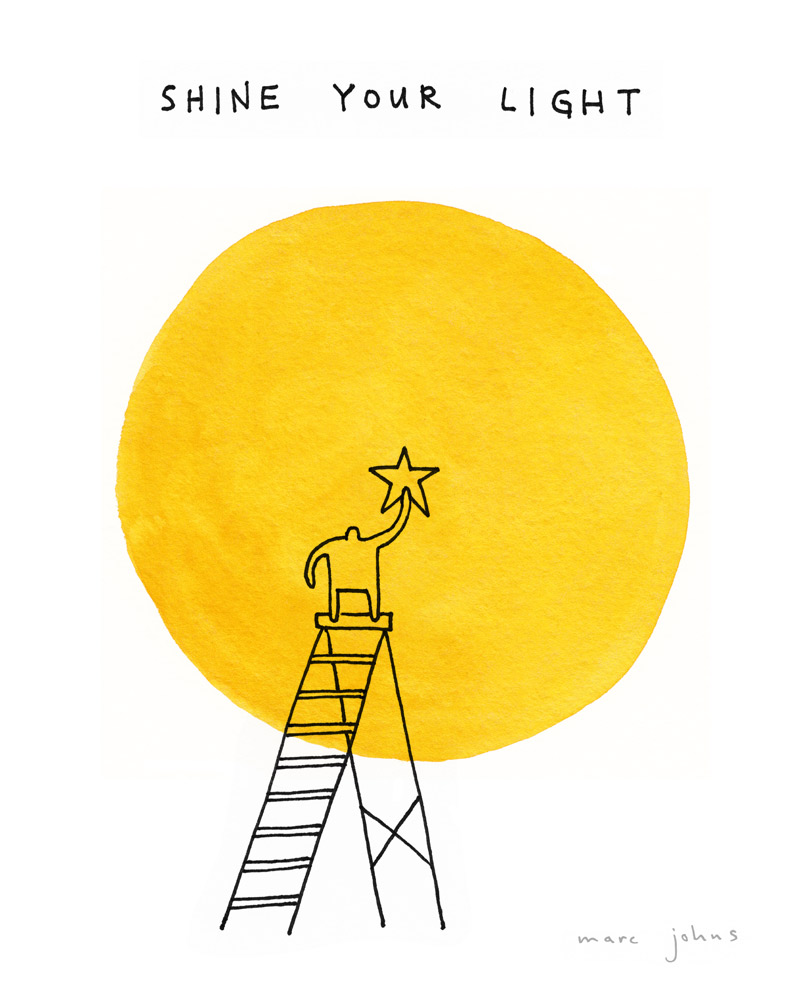Our Jewish tradition calls us to raise up both our world and our selves by casting light into dark places.
This week’s Torah portion begins with God’s command to Moses and the Israelites: “Bring me an offering—let every person whose heart moves them make an offering to me.” The Hebrew word for “offering”—terumah—which gives the portion its name, literally means “uplifting.” Thus the interpretation of this verse by the Hasidic commentary No’am Elimelech: “Strive to enjoy the light of My divine presence in your life. . . This verse tells you to draw the Blessed Creator to you and rejoice in the Divine Presence.”
This sacred calling can push us into difficult places, both within and without. For instance, the Talmudic sages once debated whether or not Jews should be permitted to attend the Roman gladiatorial games, which were brutally violent and rife with gratuitous carnage. Rabbi Meir understandably forbid it, arguing that one who goes to the stadium to watch was complicit in the bloodshed. But Rabbi Natan argued that Jews could attend—in order to cry out for mercy and potentially save someone.
Rabbi Natan believed it a mistake to pretend that we could above the fray. For him, our challenge is to step down into the darkness and add to the light that might lift it away. He asks us to engage in the world, with all of its ugliness, for we cannot possibly help to heal it from a pure but aloof distance.
Right now, the world can feel pretty dark: anger, division, fear, rising antisemitism and, of course, two years of pandemic that continues to drag on, leaving us lonely and weary to the bone. It is tempting to just tune it all out and retreat into our own fortresses of solitude.
But our Jewish calling is to engage, despite everything, to find ways to raise one another up, to cast our light into the darkness and help illuminate the way, for ourselves and for our neighbors.
In this month of Adar, the Talmud commands us to rejoice. The Psalmist declares: “Ivdu Adonai b’simchah—serve the Holy One with gladness.” This is our collective challenge.
Conversation Question:
This week, can you find one thing, each day, that is a source of joy? Write it down, or share it with a friend or family member.


